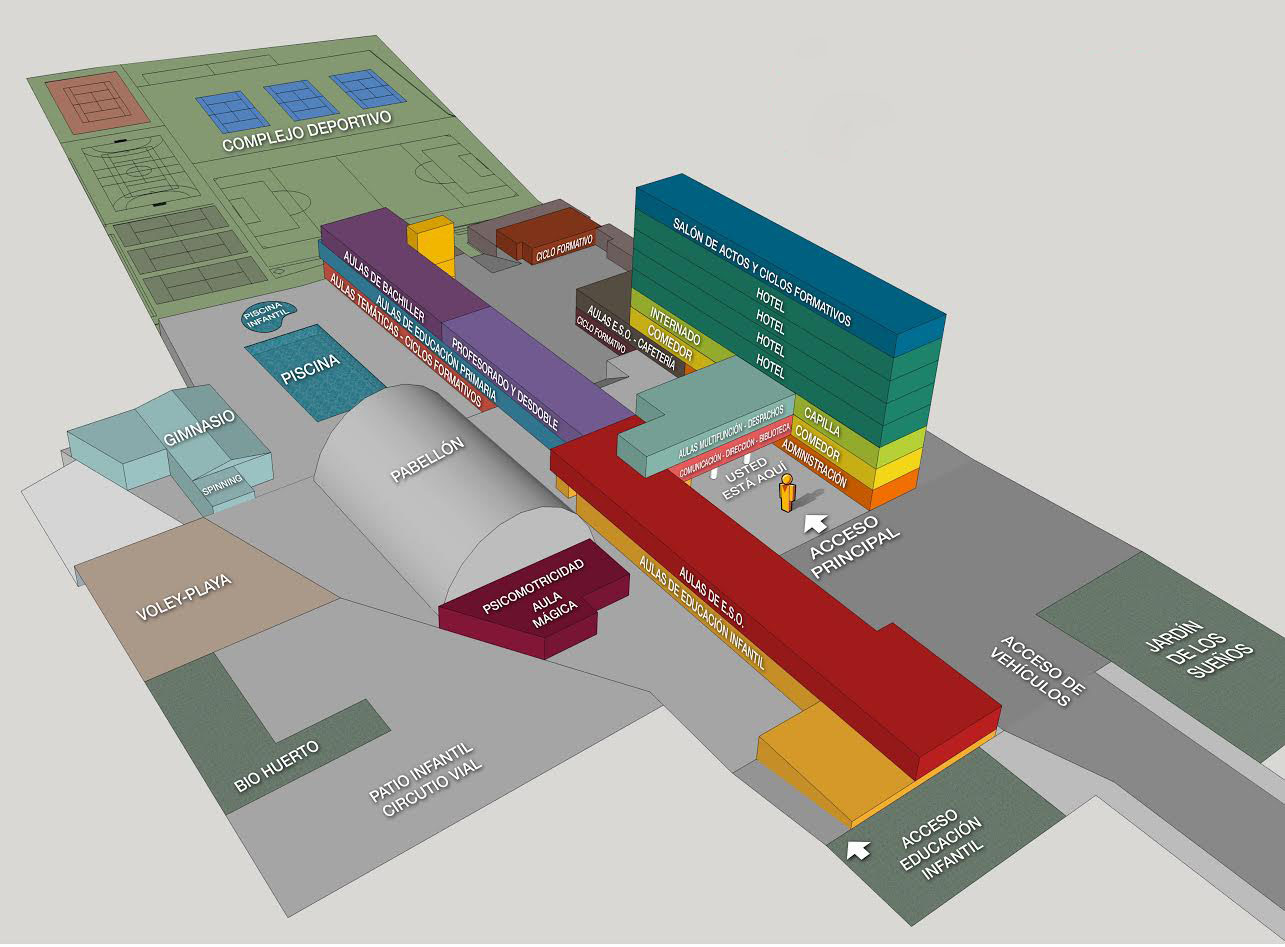Stage
Children
from 3 to 6 years old
Infant stage
____________
The infant stage is essential for the intellectual, physical and emotional development of the child. For this reason, at Lope de Vega International School we offer an integral education, respecting the individual learning pace and ensuring personalized attention adapted to the needs of each student.
The learning environments are open proposals, nourished by a wealth of varied materials.
Provocative and attractive resources, which fulfill the objective of promoting manipulation and experimentation.
These proposals encourage the students’ capacity for autonomy, so that they are able to make decisions, think, argue and reflect in order to adopt a critical view of the world around them and be able to understand it better.
methodology
languages
educational program
future in progress programme
methodology
___________________
We work to develop the pupil’s critical and creative thinking, with the early stimulation programme, our own project and materials, graphomotor skills, reading and writing, mathematics and music.
All of this is complemented by the use of ICT, education in values and the promotion of experiential and interactive activities.
languages
___________________
This stage is the starting point of the bilingual education project with 75% of the classes taught in English. This language is learned naturally with the literacy methodology used in the UK (“Phonics”, “Read&Write Inc.”) which allows children to be able to read and write in English by the age of five.
educational project
___________________
Our Infant Education Project – English and Spanish – is based on the development of five active principles that make learning possible.
These principles are based on the executive functions of the brain which are “complex mental activities necessary to plan, organise, guide, review, regulate and evaluate the behaviour needed to adapt effectively to the environment and to achieve goals” (Bauermeister, 2008) (Bauermeister, 2008);
future in progress programme
___________________
Through the FIP (future in progress programme), we work on the development of fundamental principles. So that these are activated and exercised at an early age, as they constitute the structure on which we build our character and competences for life.
Active ingredients fip program
___________________
Systematic and harmonious development of the five active principles on which our methodology is based, focused on the formation of the personality and the discovery of skills, from an early age.
flowing disposition
flowing disposition
We accompany our students so that they are optimally involved in their tasks, enjoy and are interested in them. We encourage them to set higher goals each time and to minimize distractions, which is essential to establish the perception of their challenges, abilities, goals and autonomy. We encourage them to set their sights higher and higher and to minimise distractions, which is essential for establishing a sense of their challenges, skills, goals and autonomy;
challengind mind
challenging mind
Living in a multicultural environment such as our school creates the necessary substrate for exercising habits of mind: resilience, collecting data with all senses, creating, imagining and innovating, practicing active and empathetic listening, communicating with precision and remaining open to continuous learning. The important decisions they will make in their lives will depend largely on the skills they acquire in these habits.
flowing disposition
flowing disposition
We accompany our students so that they are optimally involved in their tasks, enjoy and are interested in them. We encourage them to set higher goals each time and to minimize distractions, which is essential to establish the perception of their challenges, abilities, goals and autonomy. We encourage them to set their sights higher and higher and to minimise distractions, which is essential for establishing a sense of their challenges, skills, goals and autonomy;
challengind mind
challengind mind
Living in a multicultural environment such as our school creates the necessary substrate for exercising habits of mind: resilience, collecting data with all senses, creating, imagining and innovating, practicing active and empathetic listening, communicating with precision and remaining open to continuous learning. The important decisions they will make in their lives will depend largely on the skills they acquire in these habits.
Academic Timeline
___________________
At Lope de Vega International School we offer a comprehensive education, respecting the individual pace of learning and ensuring personalized attention adapted to the needs of each student, in each and every one of the educational stages that make up the formation of the Curriculum.










pre-nursery
pre-school
nursery
1st nursery
reception
2nd infant
year 1
3rd nursery
year 2
1st primary
year 3
2nd primary
year 4
3rd primary
year 5
4th primary
year 6
5th primary
year 7
6th primary
Infant department
– British immersion and native teachers
– personal security and social development.
– communication and expression
– literacy and love of reading
– mathematical development
– understanding of the world
– good working and listening habits
– physical development and psychomotricity skills
Junior department
– British immersion and native teachers
– continuous evaluation
– quarterly reports
– music, art, theatre
– maturing through sport
– project work
– creativity and expression
– learning values
– respect, empathy, citizenship and discipline

pre-nursery
pre-school

nursery
1st nursery

reception
2nd infant

year 1
3rd nursery
infant department
– British immersion and native teachers
– personal security and social development.
– communication and expression
– literacy and love of reading
– mathematical development
– understanding of the world
– good working and listening habits
– physical development and psychomotricity skills

year 2
1st primary

year 3
2nd primary

year 4
3rd primary

year 5
4th primary

year 6
5th primary

year 7
6th primary
Junior department
– British immersion and native teachers
– continuous evaluation
– quarterly reports
– music, art, theatre
– maturing through sport
– project work
– creativity and expression
– learning values
– respect, empathy, citizenship and discipline
Facilities
___________






















